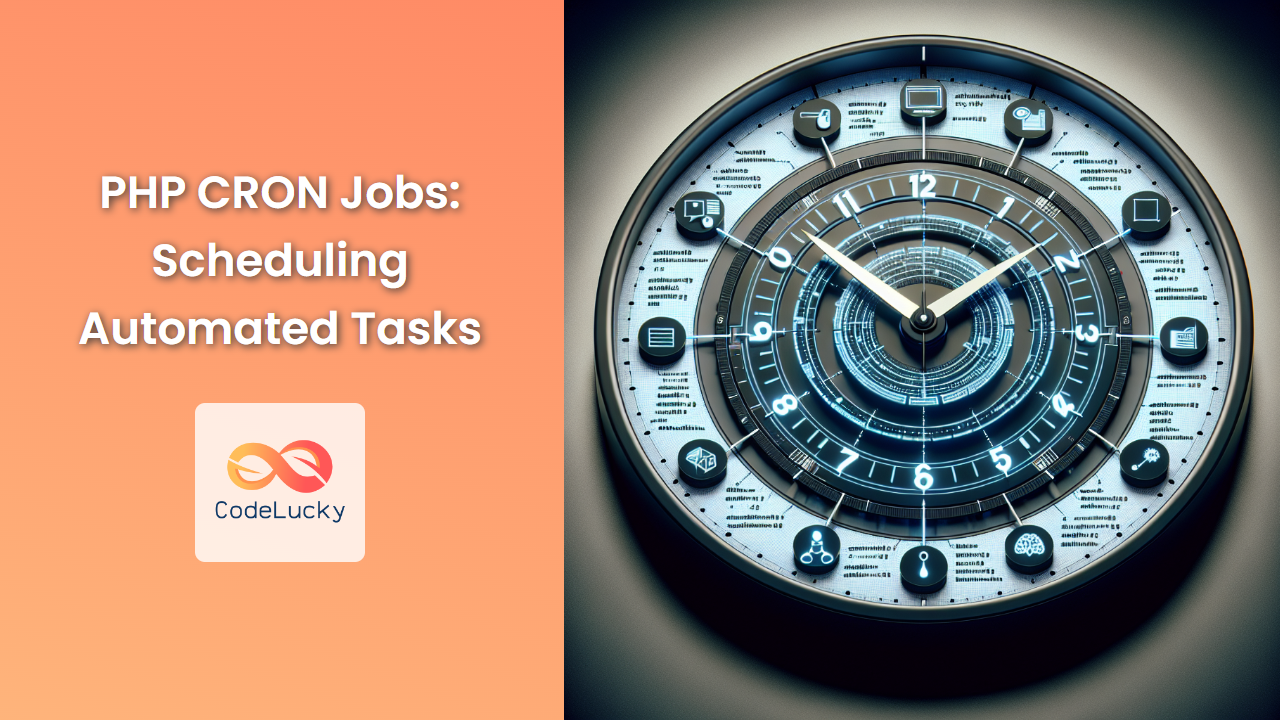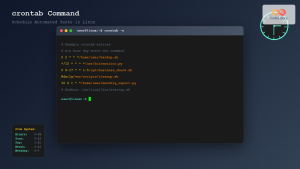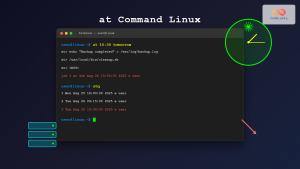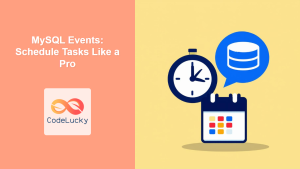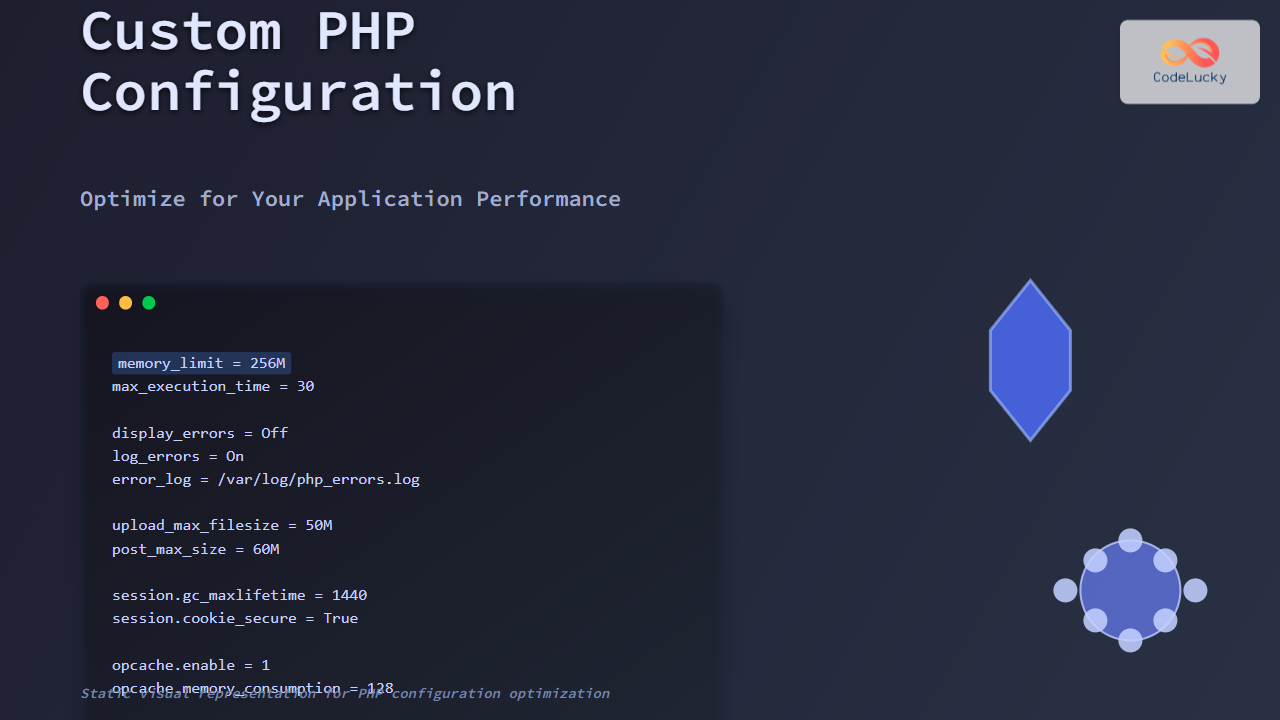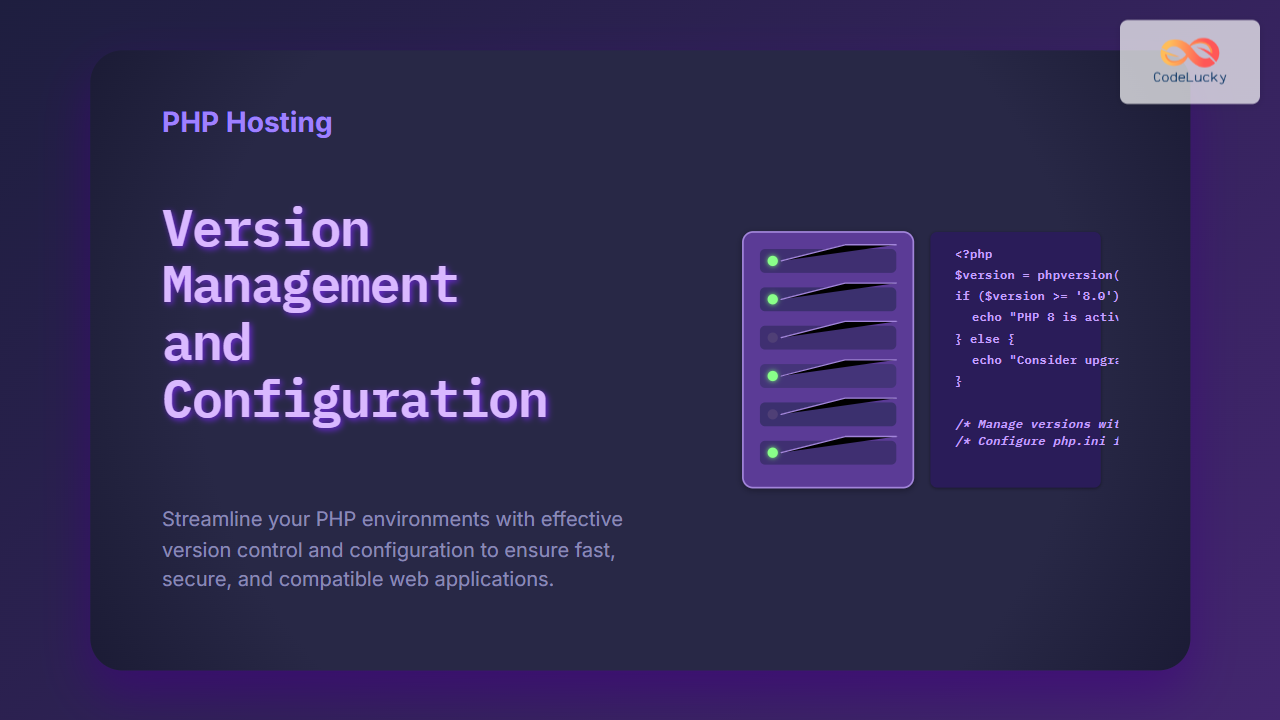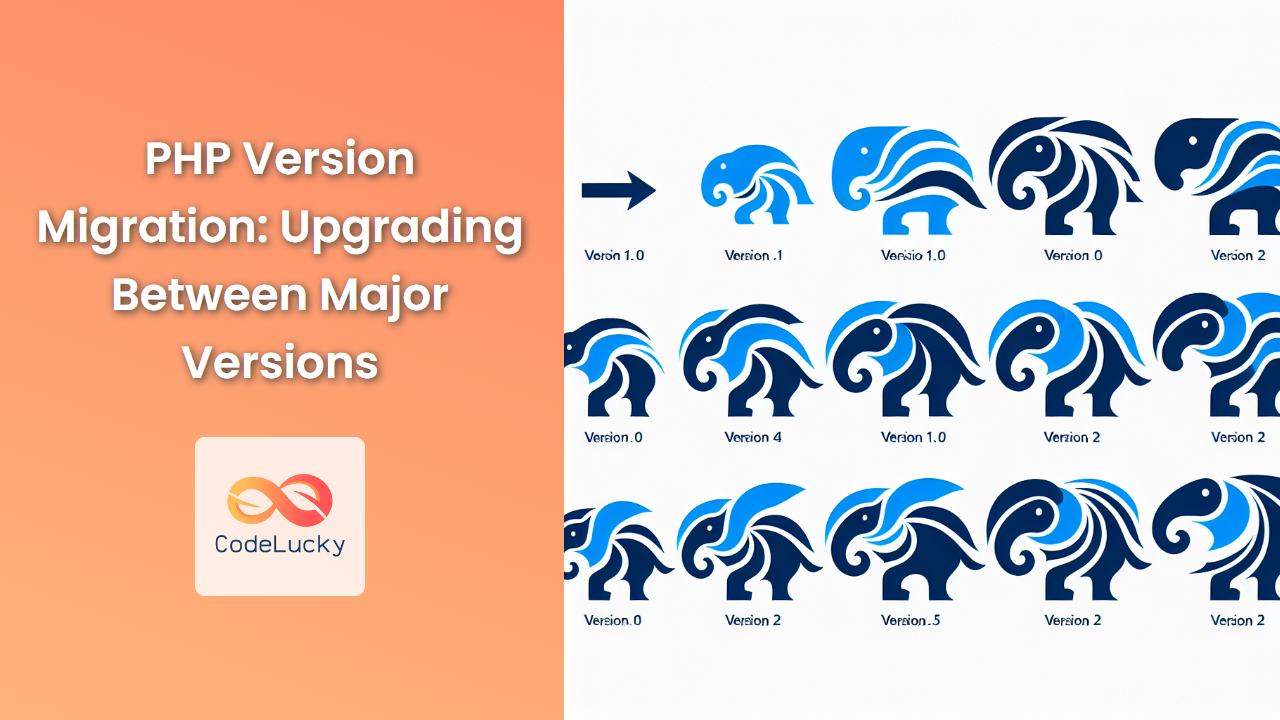In the world of web development, automation is key to efficiency and productivity. One powerful tool in a PHP developer's arsenal for automating tasks is the CRON job. CRON jobs allow you to schedule scripts to run automatically at specified intervals, making them invaluable for tasks like database maintenance, sending emails, or updating content.
What is a CRON Job? 🕒
A CRON job is a time-based job scheduler in Unix-like operating systems. It allows users to schedule commands or scripts to run periodically at fixed times, dates, or intervals. The name "CRON" comes from the Greek word for time, "chronos."
Why Use CRON Jobs with PHP? 🚀
PHP CRON jobs offer several advantages:
- Automation: Repetitive tasks can be scheduled to run without manual intervention.
- Efficiency: Resource-intensive tasks can be scheduled during off-peak hours.
- Consistency: Regular tasks are executed reliably without human error.
- Time-saving: Developers can focus on other tasks while CRON jobs handle routine operations.
Setting Up a PHP CRON Job 🛠️
To set up a PHP CRON job, you'll need access to your server's CRON system. Most hosting providers offer a CRON job manager in their control panel. If you're using a local environment, you can use the command line.
Here's a basic syntax for a CRON job:
* * * * * /usr/bin/php /path/to/your/script.php
This format represents:
minute hour day_of_month month day_of_week command
Let's break down each component:
- Minute: (0-59)
- Hour: (0-23)
- Day of month: (1-31)
- Month: (1-12)
- Day of week: (0-7, where both 0 and 7 represent Sunday)
- Command: The command to execute (in our case, running a PHP script)
PHP CRON Job Examples 💻
Let's dive into some practical examples of PHP CRON jobs.
Example 1: Daily Database Backup 💾
Create a PHP script named daily_backup.php:
<?php
// Database connection details
$host = 'localhost';
$username = 'your_username';
$password = 'your_password';
$database = 'your_database';
// Backup file
$backupFile = '/path/to/backup/folder/backup_' . date("Y-m-d") . '.sql';
// Command for mysqldump
$command = "mysqldump --opt -h $host -u $username -p$password $database > $backupFile";
// Execute the command
system($command, $output);
// Check if the backup was successful
if ($output === 0) {
echo "Backup created successfully: $backupFile";
} else {
echo "Backup failed";
}
To run this script daily at 2:00 AM, your CRON job would look like this:
0 2 * * * /usr/bin/php /path/to/your/daily_backup.php
This script connects to your database, creates a backup using mysqldump, and saves it with a timestamp. It's a great way to ensure you always have a recent copy of your data.
Example 2: Sending Weekly Newsletter 📧
Create a PHP script named send_newsletter.php:
<?php
require 'vendor/autoload.php'; // If using a mailing library like PHPMailer
function getSubscribers() {
// This function should retrieve subscribers from your database
// For this example, we'll use a dummy array
return [
['email' => '[email protected]', 'name' => 'John'],
['email' => '[email protected]', 'name' => 'Jane'],
// ... more subscribers
];
}
function sendNewsletter($subscriber) {
$to = $subscriber['email'];
$subject = "Your Weekly CodeLucky Newsletter";
$message = "Hello {$subscriber['name']},\n\nHere's your weekly dose of PHP tips and tricks...";
$headers = "From: [email protected]";
mail($to, $subject, $message, $headers);
}
$subscribers = getSubscribers();
foreach ($subscribers as $subscriber) {
sendNewsletter($subscriber);
}
echo "Newsletter sent to " . count($subscribers) . " subscribers.";
To send this newsletter every Monday at 9:00 AM, your CRON job would be:
0 9 * * 1 /usr/bin/php /path/to/your/send_newsletter.php
This script retrieves a list of subscribers and sends each one a personalized newsletter. In a real-world scenario, you'd want to use a robust email library like PHPMailer for better deliverability and features.
Example 3: Cleaning Up Temporary Files 🧹
Create a PHP script named cleanup_temp.php:
<?php
$tempDir = '/path/to/temp/directory/';
$maxAge = 7 * 24 * 60 * 60; // 7 days in seconds
$now = time();
$filesDeleted = 0;
foreach (new DirectoryIterator($tempDir) as $fileInfo) {
if ($fileInfo->isDot()) continue;
if ($now - $fileInfo->getCTime() >= $maxAge) {
unlink($fileInfo->getRealPath());
$filesDeleted++;
}
}
echo "Cleaned up $filesDeleted files from the temporary directory.";
To run this cleanup script every day at midnight, your CRON job would be:
0 0 * * * /usr/bin/php /path/to/your/cleanup_temp.php
This script iterates through files in a temporary directory and deletes any that are older than 7 days. It's a great way to keep your server tidy and prevent unnecessary storage usage.
Best Practices for PHP CRON Jobs 🏆
-
Error Logging: Always implement robust error logging in your CRON scripts. You won't be there to see errors in real-time, so logging is crucial.
-
Email Notifications: For critical CRON jobs, set up email notifications to alert you of successful runs or failures.
-
Avoid Overlapping: For long-running scripts, implement a locking mechanism to prevent multiple instances from running simultaneously.
-
Security: Ensure your CRON scripts are secure. They often run with elevated privileges, so be extra cautious about potential vulnerabilities.
-
Testing: Thoroughly test your CRON jobs before setting them to run automatically. A small mistake can compound quickly when run repeatedly.
Troubleshooting CRON Jobs 🔍
If your CRON job isn't running as expected, here are some steps to troubleshoot:
-
Check Permissions: Ensure the PHP script has the correct permissions to execute and access necessary resources.
-
Verify PHP Path: Make sure the path to PHP in your CRON job is correct.
-
Check Logs: Review your server's CRON log (often located at
/var/log/cron) for any error messages. -
Test Manually: Try running the PHP script manually to see if it executes correctly outside of the CRON environment.
-
Environment Variables: Remember that CRON jobs run in a limited environment. You may need to set necessary environment variables in your script.
Conclusion 🎉
PHP CRON jobs are a powerful tool for automating tasks and improving the efficiency of your web applications. From regular backups to scheduled content updates, the possibilities are vast. By following best practices and understanding how to set up and troubleshoot CRON jobs, you can leverage this technology to create more robust and self-maintaining PHP applications.
Remember, with great power comes great responsibility. Always monitor your CRON jobs and ensure they're performing as expected. Happy coding, and may your tasks be forever automated! 🚀🐘

